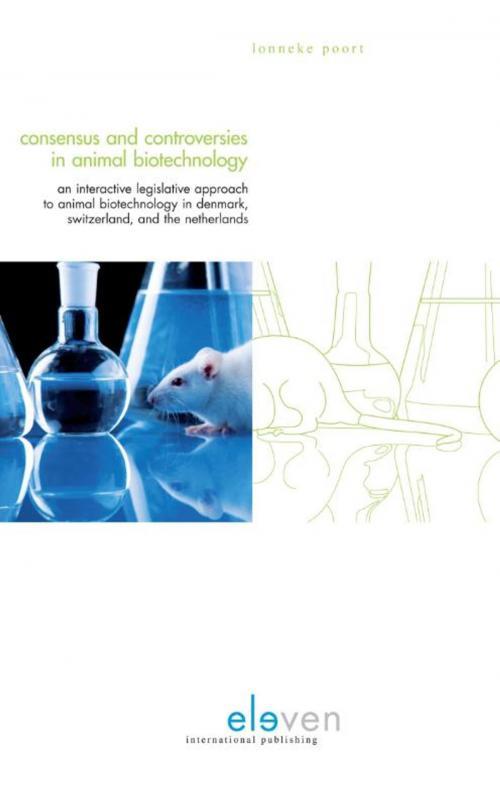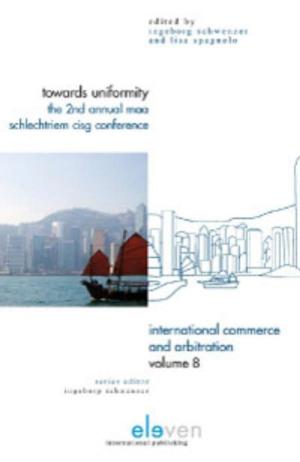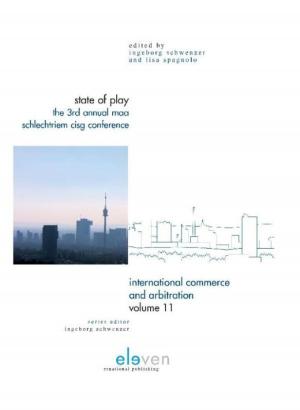Consensus en controversies in animal biotechnology
an interactive legislative approach to animal biotechnology in Denmark, Switzerland, and the Netherlands
Nonfiction, Reference & Language, Education & Teaching| Author: | Lonneke Poort | ISBN: | 9789460946820 |
| Publisher: | Boom uitgevers Den Haag | Publication: | April 22, 2013 |
| Imprint: | Eleven international publishing | Language: | English |
| Author: | Lonneke Poort |
| ISBN: | 9789460946820 |
| Publisher: | Boom uitgevers Den Haag |
| Publication: | April 22, 2013 |
| Imprint: | Eleven international publishing |
| Language: | English |
Advances in animal biotechnology have led to major growth in human ability to control the processes of life. However, biotechnology remains controversial. While leading to various developments in medical science having a positive in uence on peoples lives, it has also incited passionate disagreement on other levels. With these new developments in biotechnology have come questions about the moral impact of such new technologies. The whole debate has triggered questions to the forefront about how human beings should behave towards the environment, animals, and each other. In particular, developments in genetic modi cation and cloning have brought about with them new moral challenges since these developments touch existential values. These challenges together with rapid changes in technological application led to a quest for regulation. The regulation on animal biotechnology in Denmark, Switzerland, and the Netherlands is analyzed in light of the characteristic elements of an interactive approach. The regulation of these countries is analyzed since the countries legislative approach for these regulations seems, at first sight, to be an interactive one. These case-studies additionally provide insights in the political and legal culture of these countries. Building on the outcomes of the case-studies, the book makes suggestions regarding refining and reconstructing the interactive legislative approach model.
Advances in animal biotechnology have led to major growth in human ability to control the processes of life. However, biotechnology remains controversial. While leading to various developments in medical science having a positive in uence on peoples lives, it has also incited passionate disagreement on other levels. With these new developments in biotechnology have come questions about the moral impact of such new technologies. The whole debate has triggered questions to the forefront about how human beings should behave towards the environment, animals, and each other. In particular, developments in genetic modi cation and cloning have brought about with them new moral challenges since these developments touch existential values. These challenges together with rapid changes in technological application led to a quest for regulation. The regulation on animal biotechnology in Denmark, Switzerland, and the Netherlands is analyzed in light of the characteristic elements of an interactive approach. The regulation of these countries is analyzed since the countries legislative approach for these regulations seems, at first sight, to be an interactive one. These case-studies additionally provide insights in the political and legal culture of these countries. Building on the outcomes of the case-studies, the book makes suggestions regarding refining and reconstructing the interactive legislative approach model.















